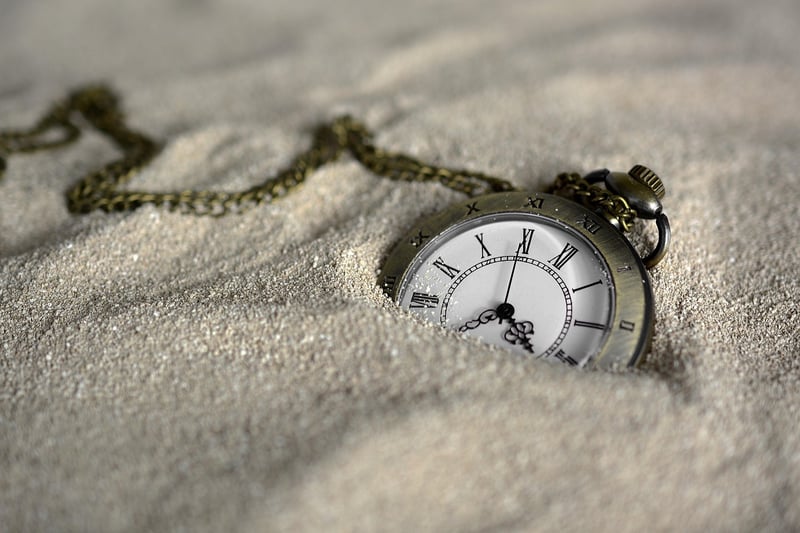Moral Dilemmas
Ethical Implications of Time Travel and Moral Dilemmas
Time travel has been a popular concept in science fiction for decades, but what ethical implications does it pose? Let's delve into the moral dilemmas that time travel could potentially introduce.
The Grandfather Paradox
One of the most famous paradoxes associated with time travel is the Grandfather Paradox. If you were to travel back in time and prevent your grandfather from meeting your grandmother, thus preventing your own birth, how could you exist to travel back in time in the first place?

Changing the Course of History
Another ethical consideration of time travel is the potential to alter the course of history. Would it be morally permissible to change past events, even if it meant preventing tragedies or improving outcomes for individuals?
Temporal Responsibility
With the ability to travel through time comes great responsibility. How would individuals be held accountable for their actions in different time periods? Would there be consequences for altering the past or future?

Butterfly Effect
The concept of the butterfly effect suggests that small actions in the past can have significant and unforeseen consequences in the future. How would time travelers navigate this complexity and the potential ripple effects of their interventions?
Temporal Paradoxes
Time travel can lead to various paradoxes, such as the Bootstrap Paradox where an object or information exists without origin. How would individuals resolve these paradoxes and maintain a sense of causality?
Conclusion
While time travel is a fascinating concept, it raises numerous ethical implications and moral dilemmas that would need to be carefully considered. As we continue to explore the possibilities of time travel in fiction and theory, it is essential to reflect on the potential consequences of altering the fabric of time itself.
For more information on time travel and its ethical implications, you can visit Stanford Encyclopedia of Philosophy - Time Travel.
